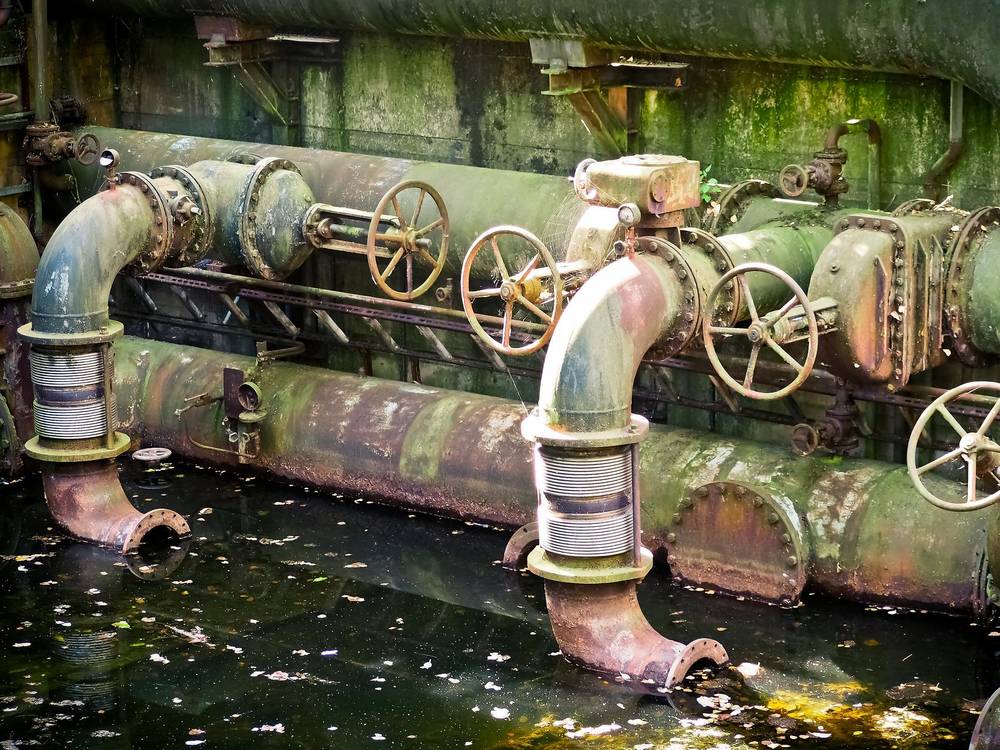On 15 February 2024, before the National Assembly Commission of Inquiry on the C0 sewerage channel in Ljubljana, Ombudsman Peter Svetina warned of the lack of environmental legislation, which allows for abuse. As he pointed out, the institution of the Ombudsman makes recommendations to the State all the time, but “they fall on deaf ears in the executive branch of the government”.
According to Ombudsman Peter Svetina, the institution of the Ombudsman has been following the C0 sewerage channel project since 2018 based on complaints. According to him, one of the main sins lies in the then-valid regulation on the water protection area for the water body of the Ljubljansko polje aquifer from 2004. “The latter did not require the investor to carry out a risk analysis of the water body, nor an environmental impact assessment, and as a result, the investor was able to obtain a water consent without any major problems,” he explained.
The Ombudsman does not review expert decisions on whether an environmental impact assessment should be carried out for a particular intervention, whether an environmental permit should be issued, whether the competent authority's finding is correct, and whether the route is properly located, as it does not have such competences, Svetina stressed. However, he added, the many complaints in the field of environmental protection and land-use planning show the existence of many anomalies that have existed in these areas for many years.
“The Ombudsman recommends in all his annual reports to each successive government that anomalies should be corrected, but to date, no progress has been made. I am thinking here in particular of the fragmentation of larger, potentially environmentally controversial construction projects, into smaller ones, which can avoid stricter requirements, which is in fact what the legislation allows,” he said.
The Ombudsman finds controversial, among other things, the arrangement whereby the investor itself commissions and pays for the expert reports required in the preliminary environmental impact assessment procedures. “This is also closely linked to all the other monitoring that environment polluters have to do. Thereby we warn that there is a dependency between the client and the contractor because the client is the payer,” he pointed out.
“We also draw attention to the lack of legal protection for the parties involved in specific procedures and the lack of public participation in the adoption of general acts in the field of environment and spatial planning,” said Ombudsman Svetina.
According to him, the country has failed to implement more than 100 recommendations made by the Ombudsman, a large part of them in the field of the environment, the oldest of which dates back to 2012.
“When people interfere with nature, we cannot undo it with a single measure. We are faced with a fait accompli and this is unacceptable; this is why the procedures must be swift and transparent,” concluded the Ombudsman.

![[Translate to English:] Cevi in odplake](/fileadmin/_processed_/2/1/csm_OKOLJE_-_architecture-1645026_1920_4c18d210ad.jpg)
